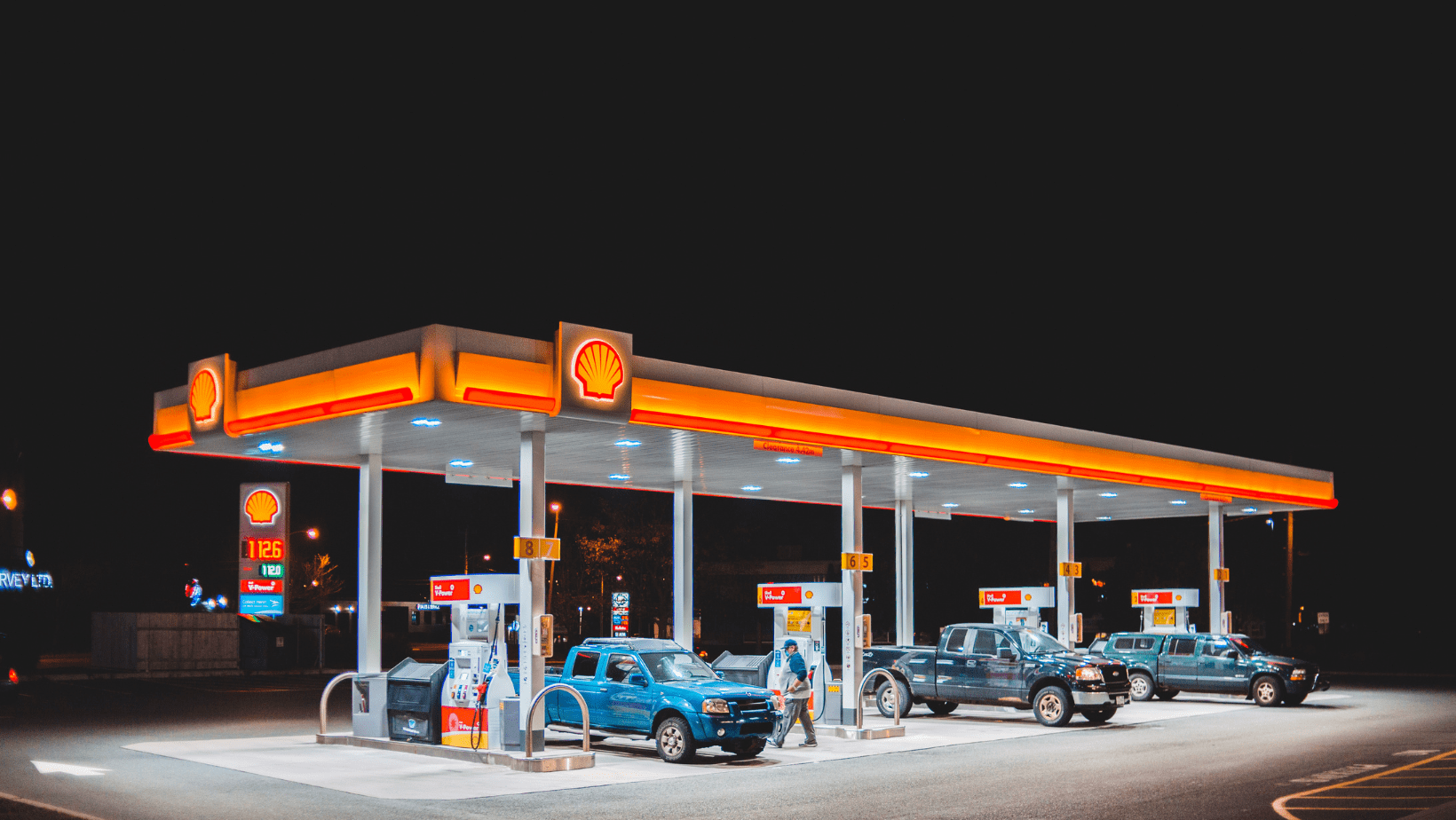Table of Contents
Seasonal Fuel Efficiency Tips
Maintaining optimal fuel efficiency requires adjusting driving habits and vehicle maintenance strategies according to seasonal changes. Cold weather, hot temperatures, tire pressure fluctuations, and increased accessory use all impact gas mileage. Understanding and implementing seasonal fuel-saving techniques can help drivers reduce fuel costs and enhance vehicle longevity.

Key Takeaways
✔ Winter Fuel Efficiency → Use proper motor oil viscosity, limit electrical load, and warm up the engine efficiently.
✔ Summer Fuel Efficiency → Reduce A/C use, remove excess weight, and improve aerodynamics.
✔ Tire Maintenance → Keep tires properly inflated year-round for maximum efficiency.
✔ Driving Habits → Avoid aggressive acceleration and braking to improve gas mileage.
✔ Regular Maintenance → Address oxygen sensors, motor oil grades, and air filters to boost fuel economy.
Seasonal Fuel Efficiency Tips
Winter Fuel Efficiency Tips
Cold weather reduces fuel efficiency because engines take longer to warm up, oil thickens, and electrical accessories like heaters, defrosters, and seat warmers increase fuel consumption.
| Winter Factor | Impact on Fuel Economy | Efficiency Solution |
|---|---|---|
| Cold engine starts | Increases fuel consumption in first 5-10 minutes | Use a block heater to pre-warm the engine in extreme cold |
| Thicker motor oil | Causes more resistance in engine parts | Use winter-grade oil as recommended by your manufacturer |
| Extended idling | Wastes fuel without improving efficiency | Limit idling to 30 seconds before driving gently |
| Increased heater and defroster use | Draws power from engine, reducing MPG | Use heated seats sparingly and dress warmly instead |
| Underinflated tires | Lowers fuel efficiency and increases rolling resistance | Check tire pressure weekly and inflate to manufacturer specs |
Winter gas blends contain more butane, which evaporates faster but provides lower energy output per gallon, reducing efficiency.
Summer Fuel Efficiency Tips
Hot weather impacts fuel economy due to increased A/C use, higher road temperatures, and heavier cargo loads. Managing these factors helps reduce fuel consumption.
| Summer Factor | Impact on Fuel Economy | Efficiency Solution |
|---|---|---|
| Air conditioning (A/C) use | Can reduce MPG by 20% | Use ventilation first, then A/C on low settings |
| Excessive cargo weight | Lowers MPG, especially in stop-and-go traffic | Remove unnecessary items from trunk and cabin |
| Roof racks & carriers | Increase aerodynamic drag, reducing efficiency | Remove when not in use or switch to a rear-mounted carrier |
| Hot pavement friction | Increases rolling resistance | Ensure proper tire inflation to counteract extra heat |
| Short trips in extreme heat | Engine and transmission work harder | Combine errands to minimize excessive starts/stops |
Rolling down windows at low speeds improves airflow, but at highway speeds, windows increase drag—A/C is more efficient.
Tire Maintenance: A Year-Round Efficiency Factor
Tires directly affect rolling resistance, handling, and fuel economy. Keeping them inflated to manufacturer recommendations improves MPG and tire lifespan.
| Tire Issue | Impact on Fuel Efficiency | Solution |
|---|---|---|
| Underinflated tires | Reduces fuel economy by 3-5% | Check pressure weekly and inflate as needed |
| Overinflated tires | Reduces traction and increases wear | Keep within manufacturer-recommended PSI range |
| Misaligned wheels | Causes uneven wear and increases rolling resistance | Get a wheel alignment check every 6-12 months |
| Worn-out tread | Reduces grip, forcing engine to work harder | Replace tires when tread falls below 2/32 inches |
Cold air contracts, lowering tire pressure in winter. Expect to lose 1-2 PSI for every 10°F drop in temperature.
Driving Habits That Affect Fuel Economy
Aggressive driving increases fuel consumption, while smooth, steady driving saves fuel.
| Driving Behavior | Impact on Fuel Economy | Efficiency Strategy |
|---|---|---|
| Rapid acceleration | Uses more fuel than gradual acceleration | Accelerate smoothly and progressively |
| Hard braking | Wastes fuel energy, requiring extra acceleration | Coast to stops instead of braking late |
| Speeding | Every 5 mph over 50 mph costs $0.34 extra per gallon | Maintain steady speeds and use cruise control |
| Frequent stop-and-go driving | Lowers MPG by 15-30% | Plan routes to avoid heavy traffic |
| Idling for long periods | Uses up to 0.5 gallons per hour | Turn off the engine if idling for more than 30 seconds |
Reducing highway speeds from 75 to 65 mph can improve fuel economy by 7-14%.
Regular Vehicle Maintenance for Peak Fuel Efficiency
Neglecting vehicle maintenance leads to higher fuel consumption and increased repair costs. Keeping up with routine service optimizes engine efficiency and saves money on gas.
| Maintenance Task | Fuel Efficiency Impact | Recommended Frequency |
|---|---|---|
| Check & replace air filter | Dirty filters reduce fuel economy by up to 10% | Every 12,000 – 15,000 miles |
| Replace oxygen sensor | A faulty sensor can lower MPG by up to 40% | Every 60,000 – 100,000 miles |
| Use recommended motor oil | Using the wrong viscosity can reduce MPG by 1-2% | At every oil change |
| Keep fuel injectors clean | Dirty injectors cause poor combustion and reduced MPG | Every 30,000 miles |
| Inspect spark plugs | Worn plugs waste fuel and reduce power | Every 30,000 – 100,000 miles (varies by vehicle) |
A well-maintained car can be up to 20% more fuel-efficient than a neglected one.
Final Thoughts: Smart Seasonal Fuel Efficiency Strategies
✔ Winter Fuel Efficiency → Minimize idling, use thinner motor oil, and limit heater use.
✔ Summer Fuel Efficiency → Reduce A/C dependence, avoid roof racks, and lighten cargo load.
✔ Year-Round Maintenance → Keep tires properly inflated, replace air filters, and use correct oil grades.
✔ Smart Driving Habits → Accelerate gradually, coast to stops, and avoid aggressive driving.
By adjusting your driving habits and performing regular maintenance, you can maximize fuel economy and save hundreds of dollars annually.
Additional Resources
Check out the best performance car gear available on the market.
